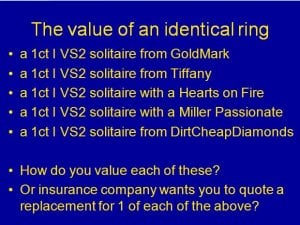- Joined
- Apr 19, 2008
- Messages
- 1,493
An new arcticle about independent appriasers "What Is An Independent Appraisal and The Benefit In Securing One"
http://journal.pricescope.com/Articles/85/1/What-Is-An-Independent-Appraisal-and-The-Benefit-In-Securing-One.aspx
Thankyou Judah for your contribution.
http://journal.pricescope.com/Articles/85/1/What-Is-An-Independent-Appraisal-and-The-Benefit-In-Securing-One.aspx
Thankyou Judah for your contribution.






300x240.png)